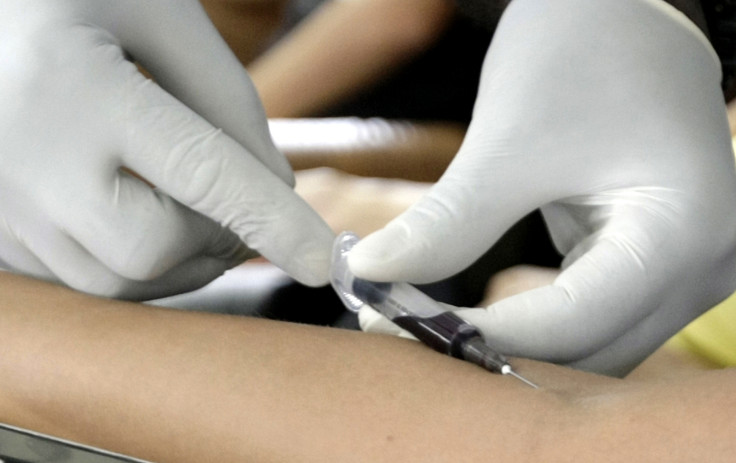Umbilical cord blood cells could ease symptoms in autistic children, study claims
A study observed the children over six and 12 months following the blood infusion.

Cells from umbilical cord blood have been tested as a method of treating autistic children and easing their symptoms, according to a recent study by researchers at Duke University in North Carolina.
In tests, children had the blood infused in their veins under sedation and were observed over a period of six months and then again at 12 months.
It found that the children's symptoms improved, especially if their non-verbal IQ was at a high level before the test took place.
Some side effects were noted amongst those that took part, but the study largely passed off safely. Writing in "Stem Cells Translational Medicine", the authors of the experiment confirmed the positive results.
They wrote: "Significant improvements in behaviour were found across a wide range of outcome measures in this study."
However, there have been some drawbacks and criticisms of the study, with James Cusack, chief of London-based autism charity Autistica, playing down the results due to the early stage of its progression.
He also pointed out that none of the children involved were given a placebo, while one of the authors of "Stem Cells Translational Medicine" previously had held positions at two blood banks, which could be perceived as a conflict of interests.
Ideas around the study have been debated by scientists for some time. Some believe umbilical cord blood could hold the key to easing autism symptoms as it is rich in stem cells and could boost the immune and nervous systems. Despite the positive hypothesis, it had never been proven.
© Copyright IBTimes 2025. All rights reserved.




















